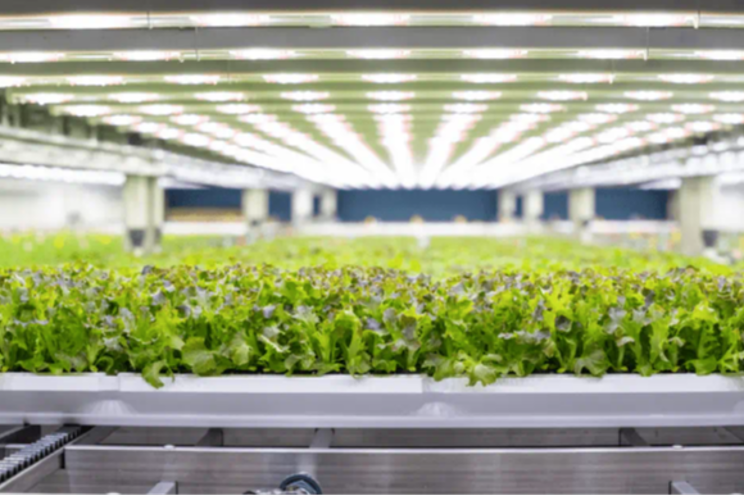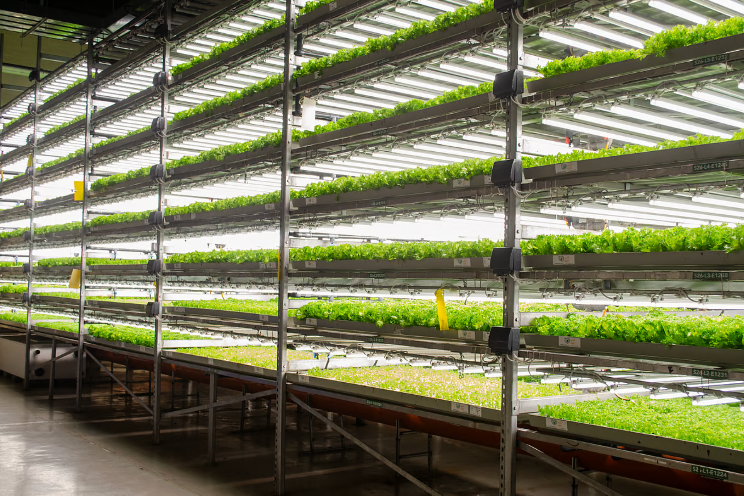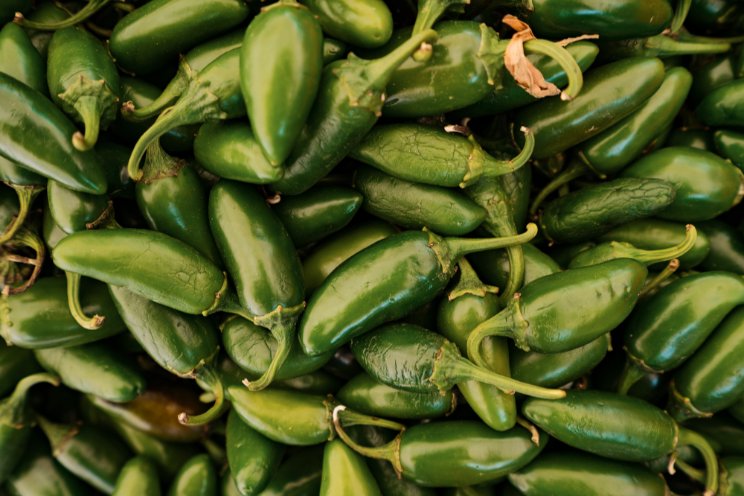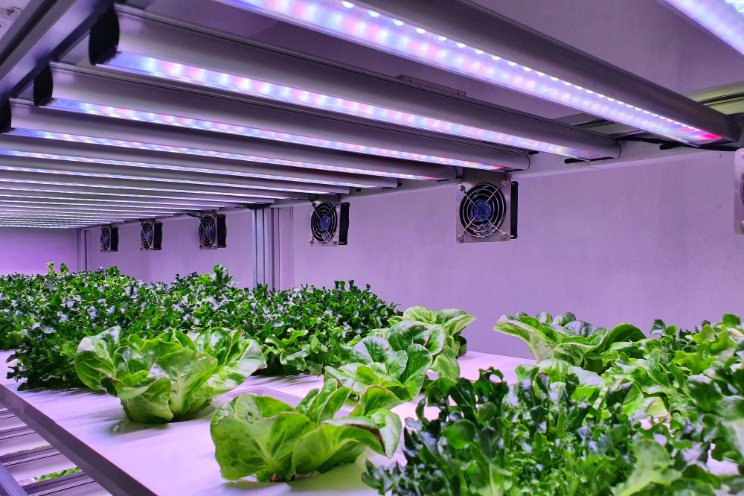Harvesting hope - Future of food security
Added on 05 October 2023

Problems of the current food system have been piling up for decades. Food security can be traced through various historical phases, but urbanization, climate change, and the COVID-19 pandemic has intensified the importance of dealing with food security. The lack of investment in the agricultural sector and the fragility of the supply networks gained renewed attention in 2020, which gave an extra push for the idea of SMARTKAS to come alive.
But what does food security actually mean? It is important to note that food security is not simply having access to food. Nor is it a problem limited to countries with underdeveloped agriculture industries. The Food and Agriculture Organization of the United Nations (FAO) defines “Food Security” as “when all people, at all times, have physical and economic access to sufficient, safe, and nutritious food that meets their dietary needs and food preferences for an active and healthy life.”
This can be broken down into four main pillars - availability, access, utilization, and stability - all of which will remain under threat unless there is genuine disruption to the agriculture industry. Food availability requires sufficient quantities of food of appropriate quality. Access to food is being harmed by disruptions to the global food supply chain, storage, and transportation, which has already led to food shortages. This in turn has pushed food prices to record new highs, making food even less accessible. Utilizing food requires not only an adequate diet but also that non-food inputs such as clean water, proper sanitation, and health care are achieved to reach a state of nutritional well-being. This is not only an issue for developing nations. In Europe, particular residues of pesticides in fruits and vegetables are already causing issues to human health. Disruptions to availability and access to food are direct threats to food stability. Sudden shocks such as geopolitical events can unsettle the food system. The ongoing conflict in Ukraine, for example, has threatened global wheat supplies, causing hunger globally. Conflict also spreads in areas where vital resources like food are scarce, hence conflict is also a consequence of hunger.
More news















